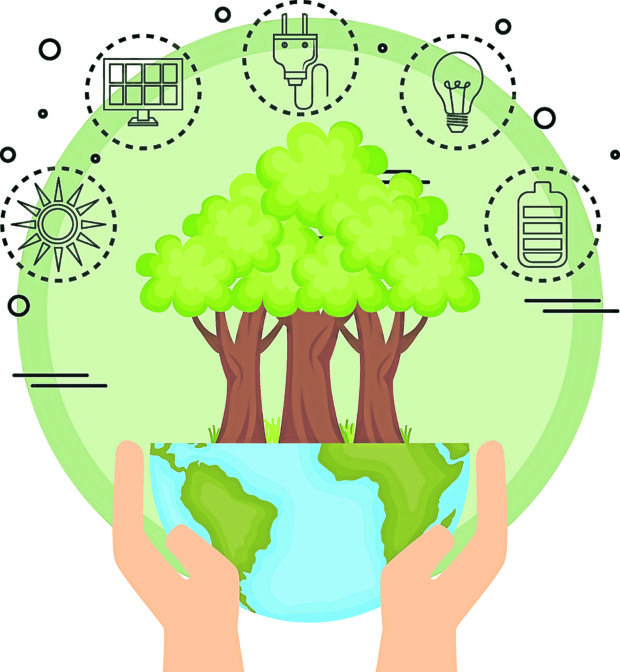Property developers in the Philippines have started shifting to “green” methods and strategies to ensure the sustainability of their buildings and to better attract potential investors and tenants.
As architect Amado de Jesus wrote in an Inquirer column last year, more buildings are getting green certifications, which would hopefully improve the country’s building industry. This trend is seen in Asian countries, such as Japan, which has been advocating for “Zero Energy Buildings” in the region.
Rating systems such as Leadership in Energy and Environmental Design (LEED); Excellence in Design for Greater Efficiencies (EDGE); and Building for Ecologically Responsive Design Excellence (BERDE), a local counterpart to the internationally recognized systems, provide green certification to buildings that meet their standards in promoting environmentally sound practices and solutions in construction and property development.
A 2013 study by the Institute of Civil Engineering of the University of the Philippines showed that industry stakeholders such as engineers, architects and planners, as well as end-users consider energy and atmosphere, water efficiency and sustainable sites as the three most important green building attributes.
Green buildings are designed to reduce the impact of buildings on the environment and human health, according to the US Environmental Protection Agency (EPA). But what are the concrete benefits to property developers, landowners, tenants and occupants?
Conservation of natural resources
According to EPA data, buildings account for 68 percent of total electricity consumption, 39 percent of total energy use and 12 percent of total water consumption. Using sustainable designs, such as rainwater collection, onsite renewable energy generation and other energy efficient systems and materials will reduce carbon footprint and save the planet’s scarce natural resources. Conserving resources will eventually lead to tangible benefits such as a cost-effective and profitable investment to a property owner.
Lower operating costs
Switching to green methods in construction and maintenance will yield great returns as green buildings reportedly reduce day-to-day costs every year. According to the EPA, maintenance costs of LEED-certified buildings are lower by about 20 percent than conventional buildings. There is also a reported increase in asset value in green buildings and houses in the United States, as more tenants are willing to pay extra for LEED-certified structures.
Better health and wellness
Green buildings create healthy indoor environments for occupants when there is reduced emissions and less pollutants and toxins. The US Green Building Council (USGBC) found that poor health was associated with poor environment and living situations, and that communities are seeing the benefits of using safer materials and being exposed to cleaner air and water. As employees spend more time indoors, especially after the pandemic hit workplaces, cleaner air prevents respiratory illnesses, asthma and allergies that affect productivity.
Increased productivity
When employees and tenants are healthy and satisfied with their spaces, they become more productive. According to the USGBC, improving indoor air quality can reduce stress and anxiety, optimize performance and promote a generally happy and comfortable environment.
Waste reduction
Green buildings help in reducing waste as the use of resources is directly proportional to waste generation. LEED-certified structures are reportedly responsible for diverting more than 80 million tons of waste from landfills, the USGBC said. Green buildings also maximize the use of sustainable materials such as reused, repurposed, recycled tools in construction.
Heightened aesthetic qualities
A major come-on to investors and tenants is the building design. Some green buildings stand out because of their unique designs that take advantage of sustainable methods and materials. Having windows that maximize natural light, using solar panels, designing a landscaping that reduces water usage and having plants that survive with less water are some of the ways to elevate the aesthetic qualities without having to give up green strategies.
Sources: Inquirer Archives, Archive.epa.gov, Usgbc.org, Irbnet.de



